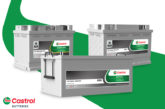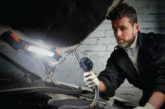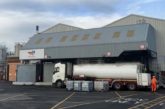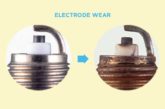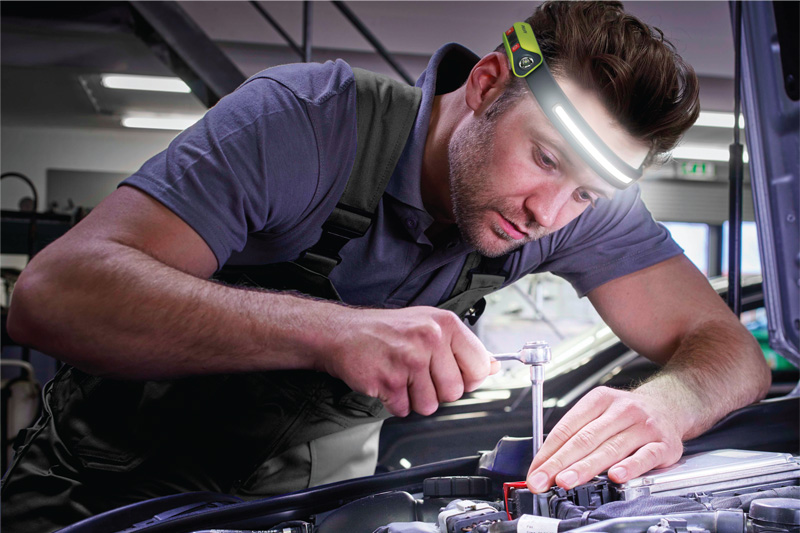
PMM hears from Lumileds’ UK manager Richard Armstrong about the work that has gone into producing Philips workshop lighting solutions and why warmer lights make for happier technicians.
The right lighting in the workplace is a prerequisite for effective and safe working. Large areas – such as workshops – often require specific lighting for individual areas and dark corners and it’s hard to get it right. Bad lighting at work leads to eyestrain and headaches, as well as to fatigue and concentration problems for those working in it.
But it goes further for, as well as being detrimental to the well-being of workshop personnel, it can drastically affect the productivity of workshop as a whole.
Proper lighting in the workplace is not only important for the health of workshop personnel, but is also a very real safety issue outside of the workshop as well. Without the right lighting it is much easier for a technician to overlook a defect, which in turn, has potential safety risks and consequences for motorists.
Workshops have more lighting requirements than might be imagined. Lighting does not have to simply provide light, but has to be at the correct light intensity. It needs to illuminate the right place and it also needs to provide as natural an atmosphere as possible for to be conducive to productivity.
The colour temperature of the light is particularly crucial here. Studies have shown that, in daylight, the midday sun has a colour temperature of approximately 6000 Kelvins and that human beings respond to this very positively. The best sort of lighting to satisify all these requirements in the workshop has for several years been LED-based, because they have a high Light Intensity and also offer white light that closest resembles daylight. In addition, LEDs offer low power consumption and an extremely long life.
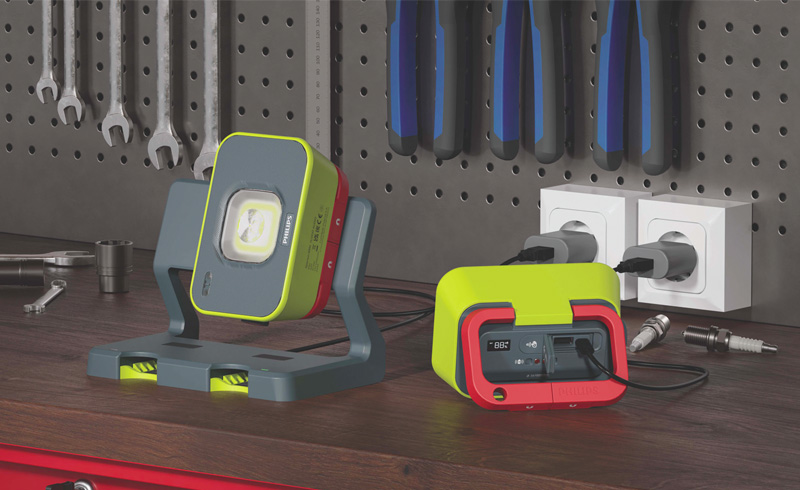
Research
When it entered the workshop sector Philips looked carefully at the workshop environment and the specific needs it generates, in order to devise the optimal lighting solutions. “We worked with experts to better understand how light affects worker performance in production environments. Then we went to service professionals to see how our ideas worked in the workshop itself – after all who better to help develop a range of workshop lights than the people who will actually be using them,” explains Richard Armstrong, UK manager for Lumileds, which manufactures Philips Automotive Lighting products globally. “With these insights, we created lighting solutions for safer work environments, which reduced eyestrain by providing the right level of light – because when people can see clearer, they work better.”
Philips LED Inspection and work lights produce an intense natural white light, with a light colour of 6000-6500K. This light spectrum is optimal for fatigue-free, concentrated work. Lumileds works on the simple premise of having the right tool for the job, so it has a range of LED inspection and work lights to meet these differing requirements. They all, however, have several features in common.
Each workshop light is manufactured from high-quality materials and features light intensities which vary in strength, in order to provide perfect conditions at work within the workshop and even for use outdoors. Each has features which are aimed at enhancing either the experience of using the light, or its overall functionality. Research and use of products also showed that the treatment that lights are often subjected to in workshops can be tough, so Philips workshops lights all conform to high strength, dust resistance and chemical resistance standards.
“There are some incredibly clever ideas that we now have in action on the Xperion 6000 range. One has a UV beam to detect leaks and on others you can adjust the width of the beam. Several lights feature noncontact switching, so that you can turn the light on and off, without having to touch it, by simply waving to the light, using a gesture it is programmed to recognise,” enthuses Richard Armstrong. “As we know that people mislay their lights, several of them can be found using a special find-mylight system we have. One of our Xperion 6000 Flood Lights even features a bluetooth speaker system, so you can work to your favourite music!”
The Philips Xperion 6000 range includes wands, hand-helds and three flood lights as well as slim-lights, flexi-lights, a penlight and a head-worn lamp as well an under-bonnet light designed to illuminate across the entire width of any kind of car or truck. Some are extremely versatile and can be used in all sorts of different situations and others are for more specific tasks, where a specialist light beam or spread might be needed. There are 11 professional work lamps in total, as well as two smart accessories: a charging station and find-my-light system. All of these, like the lights themselves, are designed with the input of workshop technicians to that help make work life better for their fellow technicians every day.





